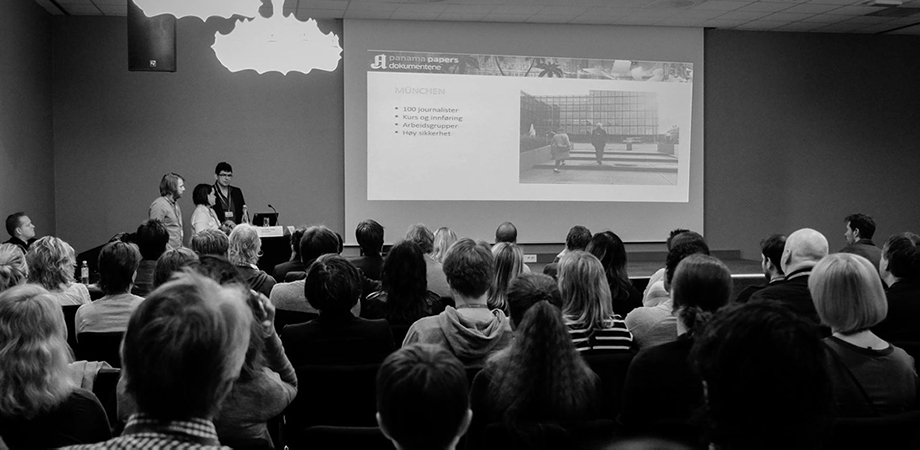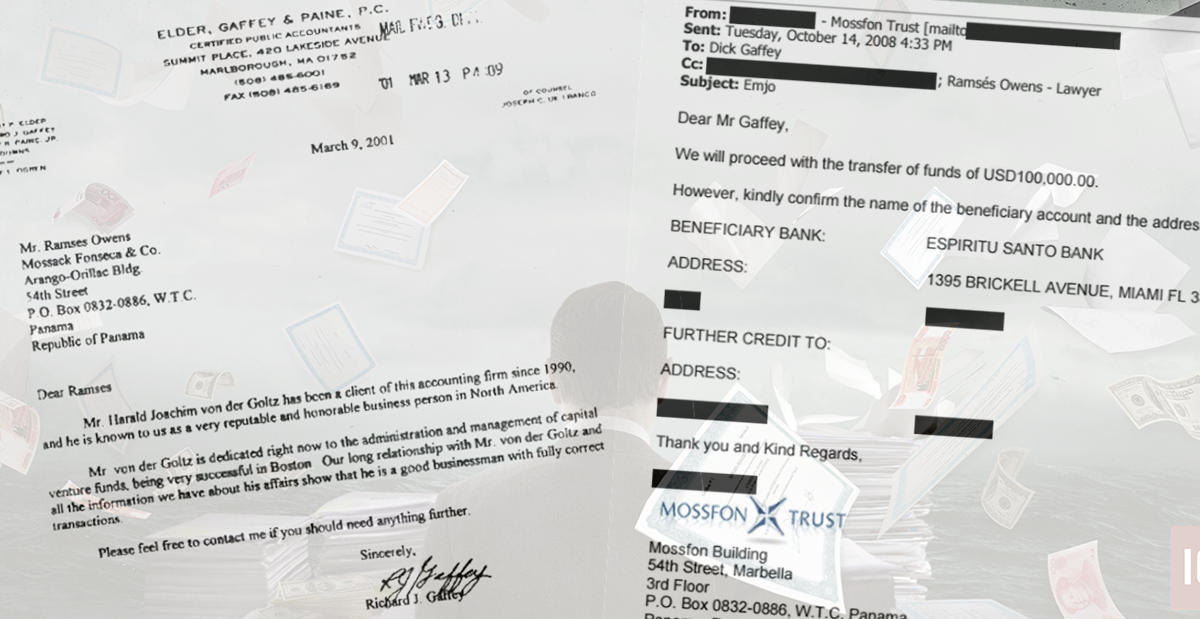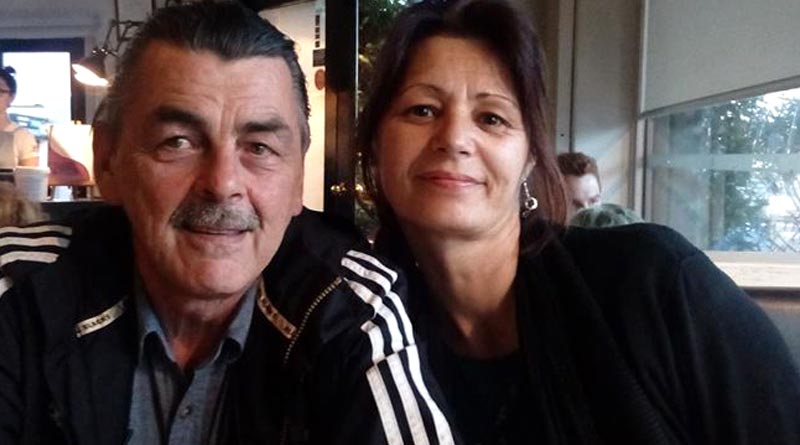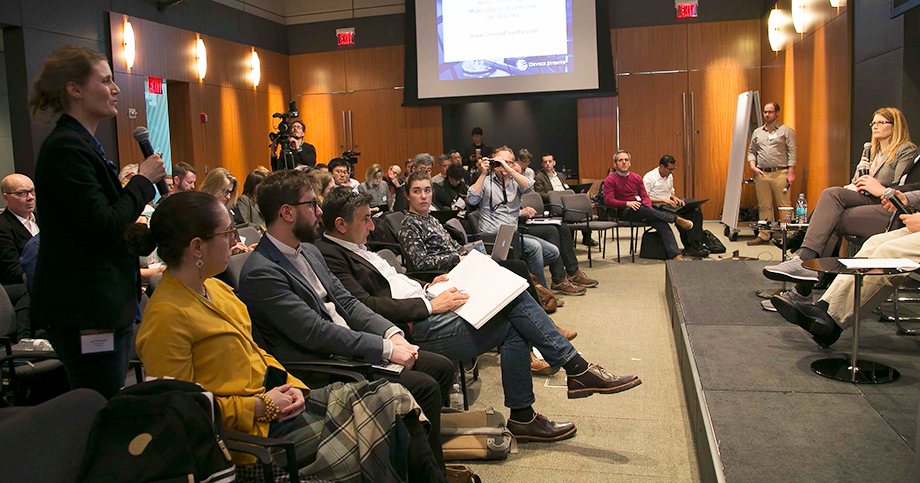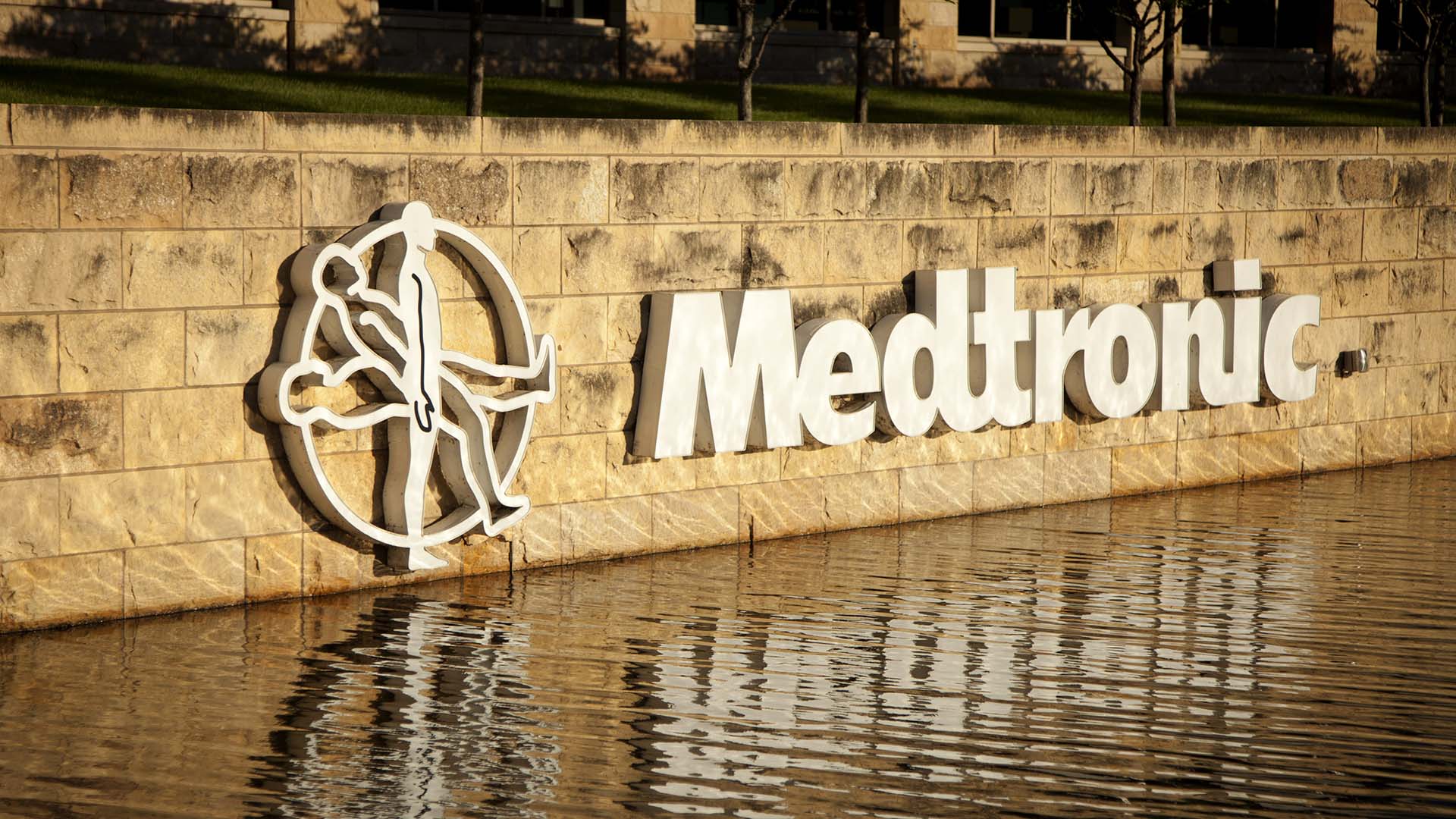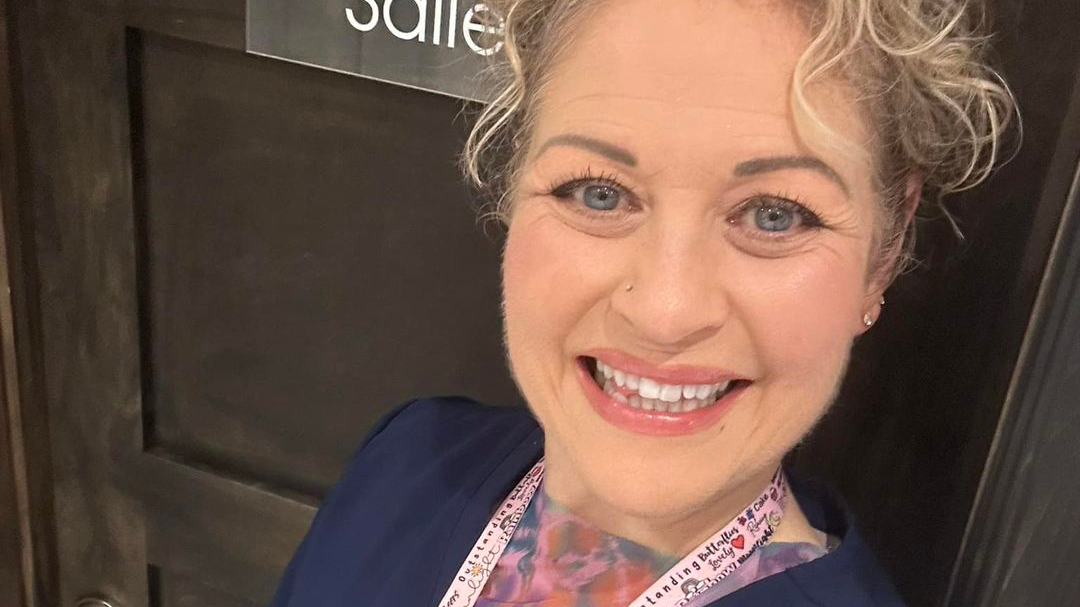The International Consortium of Investigative Journalists has hundreds of members across the world. Typically, these journalists are outstanding in their countries and have won many national and global awards. Our monthly series, Meet the Investigators, highlights the work of these tireless journalists.
This month we talk to Nina Selbo Torset of Norway’s Aftenposten, who talks about the importance of saying yes to opportunities that pull you out of your comfort zone — and of checking the back door when other doors are closed. Follow her on Twitter.
Okay. First, just some basics. When did you join ICIJ?
During the summer of 2015, I was offered a one year contract writing about political and economic news at Aftenposten. Shortly after, my new boss took me aside and asked if I wanted to work on a secret project. She didn’t know much about it, other than that it had something to do with tax havens. I said ‘‘yes’’ immediately, even though my experience with tax havens was close to nothing. I’d been working in different temporary positions in Aftenposten for two years at that time, and I believe you should always say yes when a new opportunity comes your way. It turned out to be the most important “yes” in my career. The secret project about tax havens is now known as the Panama Papers.
The Panama Papers was my first ICIJ project. Since then, I’ve spent most of my time on international collaborations: Bahamas Leaks in 2016, Paradise Papers in 2017, Panama Papers II in 2018 and now the Implant Files. It’s been a carousel I hope never stops turning.
Tell me a bit about yourself and the trajectory of your career, including what drew you to journalism and especially to investigative journalism.
Compared to many of my fellow ICIJ members, my career in journalism is barely a decade long. I’m 27 years old and have most of my career ahead of me. I started my bachelor’s degree in journalism straight after high school. During my studies, I got an internship in Aftenposten, and I’ve been here ever since. With the economic downturn in media in recent years, it seemed almost impossible to get something permanent, but I hung on, working under temporary contracts, hoping that someday my hard work would pay off. And it did. Since the Panama Papers, I’ve had a permanent position as an investigative reporter who specializes in computer-assisted reporting.
Aftenposten is considered to be the most thorough, trustworthy newspaper in Norway. I grew up in a small town in the middle of the country, but my dad always subscribed to Aftenposten. I read it every day from when I was quite young, and I remember discussing its content at dinner with my dad. These discussions formed me. We talked about cases involving injustice, abuse of power and broken systems, and I realized I wanted to be the one exposing these cases. And I wanted to do it in Aftenposten.
Before I started working with ICIJ, my work included investigations of sexual abuse of minors, misuse of government funds, experimental cancer treatments and organized crime. I’ve always been drawn to complex stories and huge data sets. It’s like a puzzle, and when you find the missing piece, it’s very rewarding.
Can you remember any particularly dramatic or revealing moments in your reporting?
A recent example is from our work on the Implant Files. The key to making the collaboration a success was that each media organization should collect data on adverse events with medical devices from its government. If we then put our data together, we would be able to connect the dots and see connections across borders.
We’d been struggling for months with getting hold of Norwegian data. We’d tried the National competent authority, the agency that oversees medical devices, and all the hospitals with no luck at all. I was getting more and more frustrated because we didn’t have any data to share with our international partners. Then we found a back door. We discovered that our National competent authority sent copies of the adverse event reports to a small directorate. We requested access to the reports from this directorate, and a couple of days later, to our great surprise, we got a zip file with all the actual reports. No information was redacted. So this was a goldmine and a huge breakthrough after months of banging our heads against the wall. And we could finally share data with our partners.
Lesson learned: If all else is closed, try the back door. It might get you there faster.
What is the biggest change you’ve seen in journalism in your career?
A couple of things: Computer-assisted reporting has gone from being something only the nerds (myself included) cared about, to being the heart of journalism. International collaborations are recognized as a necessary way to tackle global challenges. And last: readers are finally willing to pay for digital journalism, at least in my country. After years of decline in print readership and advertising, we’ve had incredible growth in digital subscribers since we introduced our paywall in 2013. We have over 100,000 digital subscribers now, more than any other news outlet in the country. That stability gives us room to do more investigative work, through computer-assisted reporting and international collaborations.
At its best, what role should journalism play in society?
I still have an idealistic view of journalism. I believe we are watchdogs and that we can change the world by holding the powerful accountable and conveying information to the public so citizens can make informed decisions. Our loyalty is to the public, and our obligation is to the truth. We should also offer a voice to the voiceless, fight for transparency and help interpret and explain the complex world we live in.
But that role is challenged by a lot of factors in today’s society. First, we obviously have to come up with a successful business model. Secondly, there’s a flood of opinion and false information on the internet, wrongly presented and interpreted as journalism. That leads to mistrust in journalism, a mistrust some politicians willingly add fuel too. Third, the world is becoming an increasingly dangerous place for journalists to do their job. I’m privileged to be working in Norway, a country ranked first for press freedom, but with privilege comes responsibility. We need to continue to collaborate across borders so that we can support our colleagues who work under other circumstances.

What is the most useful lesson you’ve learned about how to do your job?
I often investigate for months at a time before I come up for air and publish the results. During these months, I’ve gathered so much information from so many different sources it can be hard to retrace my steps. Therefore, I’ve learned to document everything I do. Every phone call, every email, every freedom of information request, every query in Excel is written down in a logbook. That way, I know if my requests remain unanswered, I know what to say when my boss asks me how and where I got that crucial part of the information, and I make sure there are no loose ends in my reporting.
Do you have any role models?
There are so many. I feel like I’m standing on the shoulders of giants. I learn from and get inspired by fellow ICIJ members on every project, and I’m honored to be included in a network of reporters far more experienced than me. I admire my colleagues at Aftenposten, especially Per Anders Johansen, who’s a rock in investigative reporting in our organization and an advocate for collaborations across borders.
What advice would you give to an aspiring journalist?
Say yes to every opportunity, especially those that pull you out of your comfort zone. It’s the quickest, most efficient way to learn. Who knows? The next thing you say yes to might turn out to be the next Panama Papers.
What do you hope to do in the future?
I’ve got my dream job already! Now I just hope I didn’t peak in my 20s! I have so much more to investigate, so many spreadsheets to analyze, so many stories to tell. I hope I’m as curious and keen on learning new skills in the future as I am now. I want to keep challenging myself and go wherever the opportunity takes me.
